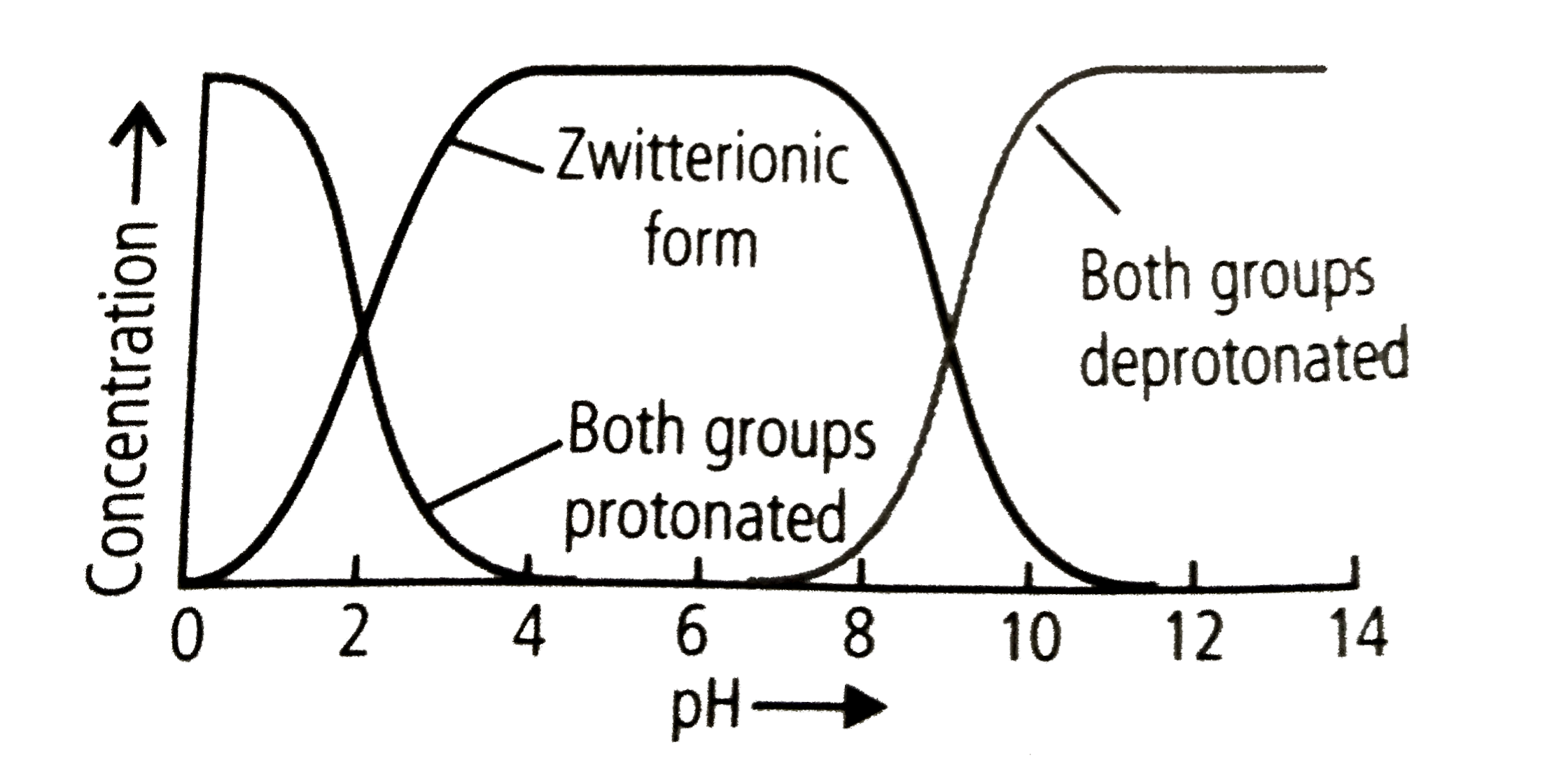An oxide of a non-metal has the follownig properties :
(i) It acts both as a proton donor as well as proton acceptor.
(ii) It reacts readily with basic and acidic oxides.
(iii) It oxidises Fe at its boiling point.
The oxide is
P2O5
SiO2
H2O
CO2
The correct Answer is:A
7HCl–––O4 has highest oxidation number and its conjugate base is resonance stabilised, hence it is most acidic. Cl is more electronegative than S.
Topper's Solved these Questions
Similar Questions
Knowledge Check
An oxide of a non-metal has the following properties.
(i) It acts both as a proton donor as well as a proton acceptor.
(ii)It reacts readily with basic and acidic oxides.
(iii)It oxidises Fe at its boiling point.
(iv) It is a poor conductor of electricity.
The oxide isAH2OBSO2CNO2DCO2Oxide of a non-metal possesses the following characteristics
(i) It is both a proton donor and an acceptor
(ii) It is a poor conductor of electricity
(iii) It reacts readily with basic and acides
(iv) It oxidises Fe at its boiling point.This oxide isASO2BCO2CH2O2DH2ORefer to the given graph showing state of ionisation of zwitterion.
Select the correct statements regarding zwitterion.
(i) Zwitterions can be formed from compunds that contain both acid groups and basic groups in their molecules.
(ii) A zwitterion can act either as proton donor or proton acceptor.
(iii) A monoamine monocarboxylic α-amino acid is a acid at high pH as both the groups (amino and carboxyl) lose a proton.
(iv) Amino acids in solution at neutral pH exist predominantly as dipolar ions, the amino group is protonated (−NH+3) and the carboxyl group is deprotonated (−COO−).
 A(iii) and (iv)B(i), (ii), (iii) and (iv)C(i) and (ii)D(i), (ii) and (iii)
A(iii) and (iv)B(i), (ii), (iii) and (iv)C(i) and (ii)D(i), (ii) and (iii)
The oxides of non - metals are acidic and the oxides of the metals are basic .Would you expect boron to be more basic in its reactions than aluminium?.
View SolutionGive examples and suggest reasons for the following features of the transition metal chemistry :
(i) The lowest oxide of transition metal is basic, the highest is amphoteric acidic.
(ii) A transition metal exhibits highest oxidation state in oxides and fluorides.
(iii) The highest oxidation state is exhibited in oxoanions of a metal.
View SolutionCompare the alkali metals and alkaline earth metals with respect to (a) ionisation enthalpy, (b) basicity of oxides and (c ) solubility of hydroxides.
View SolutionState reasons for the following :
(i) Aluminium oxide is called an amphoteric oxide.
(ii) Hydrogen gas is not evolved when most metals react with nitric acid.
(iii) Nitrogen is used to preserve food.
View SolutionRefer to the given graph showing state of ionisation of zwitterion.
Select the correct statements regarding zwitterion.
(i) Zwitterions can be formed from compunds that contain both acid groups and basic groups in their molecules.
(ii) A zwitterion can act either as proton donor or proton acceptor.
(iii) A monoamine monocarboxylic α-amino acid is a acid at high pH as both the groups (amino and carboxyl) lose a proton.
(iv) Amino acids in solution at neutral pH exist predominantly as dipolar ions, the amino group is protonated (−NH+3) and the carboxyl group is deprotonated (−COO−).

View Solution
